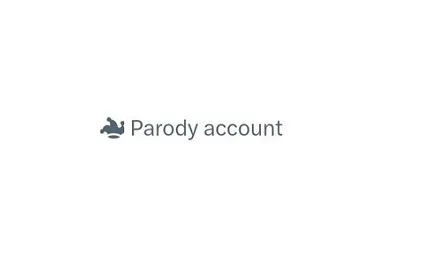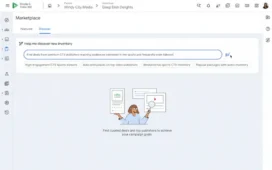The platform formerly known as Twitter is rolling out new labels for parody and fan accounts, in order to clarify what each profile actually represents in the app.
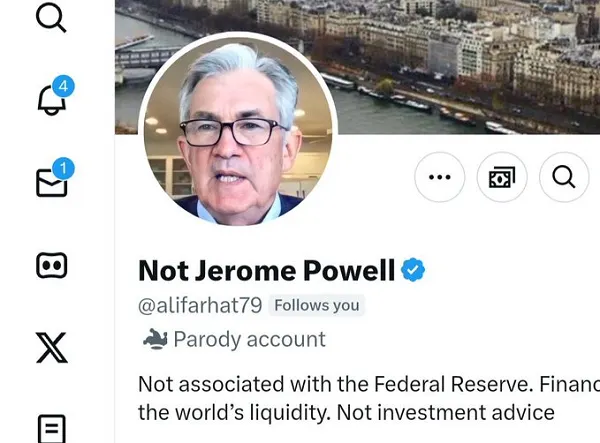
As you can see in this example, parody and fan profiles will now have their own labels on the platform, which will delineate them from the real entity in the app. The parody label includes a jester’s hat icon at the left.
Accounts will have to add these new labels, or they’ll risk suspension in the app.
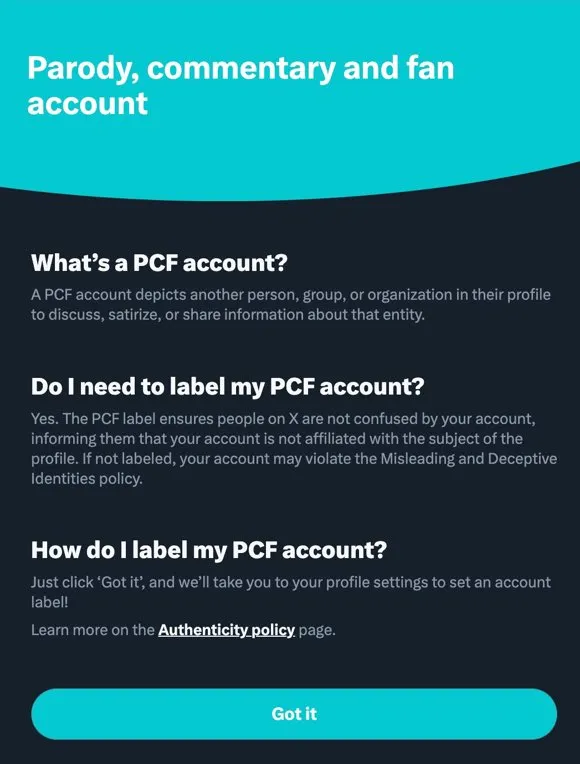
That’ll make it much easier for people to see when a profile isn’t who or what they think it is, which will help to avoid misrepresentation and misunderstanding in the app.
Though Twitter’s original checkmark process, while not perfect, did already facilitate that purpose.
Back in 2022, shortly after launching his plan to sell checkmarks in the app, X chief Elon Musk announced that parody accounts “must include “parody” in their name, not just in bio”, or they’d risk getting banned completely. That announcement came after various profiles purchased blue checkmarks, under X’s new “Verified” program, and started posing as various brands and celebrities.
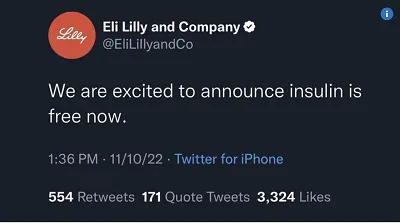
The influx of impersonating accounts, which looked official at a glance because of their blue ticks, was so significant, that X was forced to pause its verification offering, till it could work out the issues that may be causing confusion.
Which, again, is the very act of selling blue checkmarks in itself, because it used to be that the verification tick actually meant that somebody had verified that this was, in fact, the person or entity that their profile suggested. Now, there are no checks in place. You simply buy a checkmark and present yourself as whomever you want. And while X has had a policy that covers parody and impersonating accounts for some time, that clearly hasn’t stopped people from misrepresenting who they are in the app.
Including the chief himself:

Obviously, in this example, the actual handle is not correct. But a glance, people can be easily duped, and posts like this get re-shared at a ridiculously high rate. That’s likely that this is one of the reasons why X is looking to clarify which are the actual user accounts, and which are jokes.
Another reason? To win back the faith of brands, some of whom are avoiding X because of accounts that are impersonating their official profiles in the app.
And with fewer moderators, X has less capacity for detection and assessment. As such, a voluntary “parody” label could at least reduce this issue, and help to get X back in brands’ good books.
It’s worth adding, but it’s also a problem of X’s own creation, which everybody with any clue told them would happen once they started selling blue ticks.
It seems X has learned this, the hard, long-winded way. But it has learned over time.

